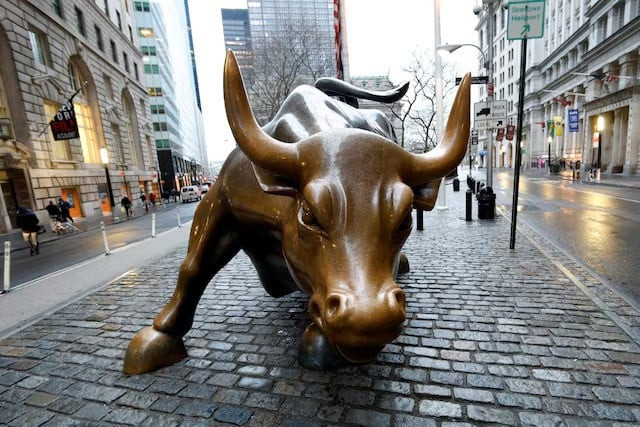Wall Street fears Harris’ tax plan could slash US corporate profits if she wins US election
Harris and Trump are in a statistical tie ahead of debate as investors seek advice on potential policy changes

Wall Street is anticipating a hit to corporate earnings and the stock market if Democratic presidential candidate and US Vice President Kamala Harris wins in November and enacts promised tax increases. Tax policy has emerged as a key focus for investors ahead of the November 5 election.
Republican candidate and former President Donald Trump and Harris, who debate on Tuesday night, are in a statistical dead heat. Wealth advisers say they have been fielding questions from investors about how to prepare for potential changes.
“Tax policy is a huge, huge concern for investors,” said chief investment officer Yung-Yu Ma of BMO US Wealth Management, which is hearing questions from clients across the country about potential tax hikes. "Tax policy is something that is front and center in this election."
For Wall Street, the greatest attention is on corporate earnings and capital gains taxes. Trump cut the corporate tax rate to 21% from 35% during his presidency and last week said he favors cutting it to 15% for companies that make their products in the US.
Harris, meanwhile, last month outlined plans to raise the corporate tax rate to 28% from 21%, to ensure "big corporations pay their fair share," as they are "often paying a lower tax rate than our teachers and our nurses and our firefighters."
Goldman Sachs analysts said in a note last week that at Harris' 28% rate, earnings of S&P 500 companies would take a 5% hit while Trump's proposed cut would boost them about 4%.
Ma said that higher taxes would mean lower corporate profits and lower stock valuations. "Essentially, what you have is the likelihood of a significant pullback in the stock market due to higher taxes," said Ma.
The winner will still need congressional approval for tax law changes. Trump's campaign said Harris' tax plan includes a large tax hike and would add to the national debt. It did not comment on how Trump's plan would impact the deficit.
The Harris campaign did not immediately respond to requests for comment.
In a memo reviewed by Reuters, Brian Nelson, the Harris campaign's senior policy advisor, said Trump's proposal would give "massive tax windfalls" to "billionaires and big corporations."
CAPITAL GAINS
Another investor concern is that Harris' higher capital gains tax, which is levied on profits from selling an asset held for more than a year, will eat into clients' net gains.
The Democrat last week proposed raising the capital gains rate for people earning above $1 million to 28%, lower than President Joe Biden's plan of 39.6%. Trump has not announced any plans to change it from a maximum 20%.
“In terms of revenue for the government, capital gains tax hikes have typically under-delivered," said Brian Gardner, chief Washington policy strategist at investment bank Stifel. "But it would be a broad negative for the market. How much is tough to say.”
Morgan Stanley said in a note last week that the correlation between capital gains taxes and stock market performance is statistically insignificant, but the tax debate could drive volatility in equity markets in the near term.
If capital gains taxes go up a lot, investors are likely to more aggressively use tax-minimizing trading strategies, said a wealth management executive at a large bank who declined to be named.



















COMMENTS
Comments are moderated and generally will be posted if they are on-topic and not abusive.
For more information, please see our Comments FAQ